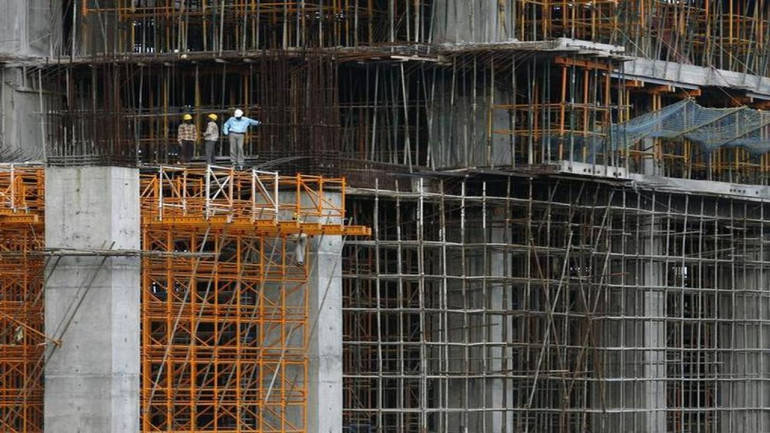

Divya Seth Maggu
Moneycontrol Contributor
The Indian real estate sector has been evolving over the past few years. It has witnessed both flux as well as growth and this is likely to be the trend in 2019 as well. Owing to numerous reforms introduced, the sector has gone through changes in the tax, regulatory as well as the business environment. With the next general elections around the corner, it will be interesting to see if the current government continues with its reforms agenda and in case a new government takes over, will it be able to take them to the next level.
Over the past two years, India has managed to jump a significant 52 positions in on the Ease of Doing Business rankings released by the World Bank. This was primarily on account of improvement in six of the 10 categories assessed. Of these, dealing with construction permits showed a massive jump on back of the government’s policy reforms.
Increased transparency and accountability has caught the attention of institutional investors who are now evaluating the sector with renewed dynamism. The Real Estate Investment Trusts (REITs) may also take shape anytime soon and that is expected to help improve cash flows into the sector.
Sustained office demand: Firm GDP growth should fuel expansion and further attract investments. Gross office space absorption in 2018 has grown by more than 20 percent since last year owing to renewed interest from banking tenants and further expansion by technology companies.
Rise in co-working culture: The growing entrepreneurial ecosystem in India has had a multiplier effect on several sectors, including conventional office space. In the past five years, the concept of co-working space has grown to include more than 200 players.
Alignment of residential supply with demand: A growing population, urbanisation, rise of nuclear families and increasing disposable incomes, is fuelling demand for housing. However, owing to a price mismatch, increase in sales has been issue. Developers are trying hard to align sizes of residential units to suit the budget of end-users. Home buyers too are more informed. The government’s focus on affordable housing may see enhanced traction in affordable housing segment.
Consolidation: Small developers are reaching out to the reputed ones to help save them from the financial mess and help complete projects. Joint developments, joint ventures and development management agreements between landowners or smaller developers and larger, organised developers has been growing in the recent past and is expected to continue in 2019. Consolidation will not only be limited to developers but may even extend to co-working operators.
Warehousing: With the residential market in doldrums and good quality office space in short supply, logistics is attracting many players. GST has helped unify India’s 29 states into a single market. There has been a structural shift in the logistics sector, with small fragmented networks being consolidated into large distribution chains with centralised hubs. Growth of online shopping has contributed to this trend. This is encouraging developers to shift their focus from housing to warehousing.
Financial stress: The ongoing NBFC crisis has slowed disbursals to the real estate sector. With banks becoming cautious, developers are finding it a challenge to raise funds for projects and are being forced to resort to other financing routes, which in turn is increasing their cost of capital. If the current NBFC crisis is not resolved soon, the much-anticipated recovery of the sector may get prolonged.
The fate of the Indian realty sector is expected to be decided post the general elections. The first half of the year is likely to be slow as many developers generally tend to go slow on launches before polls and home buyers adopt a wait-and-watch approach. The first quarter of the year may, however, be a good time for home buyers to drive a hard bargain.
[“source=moneycontrol”]



